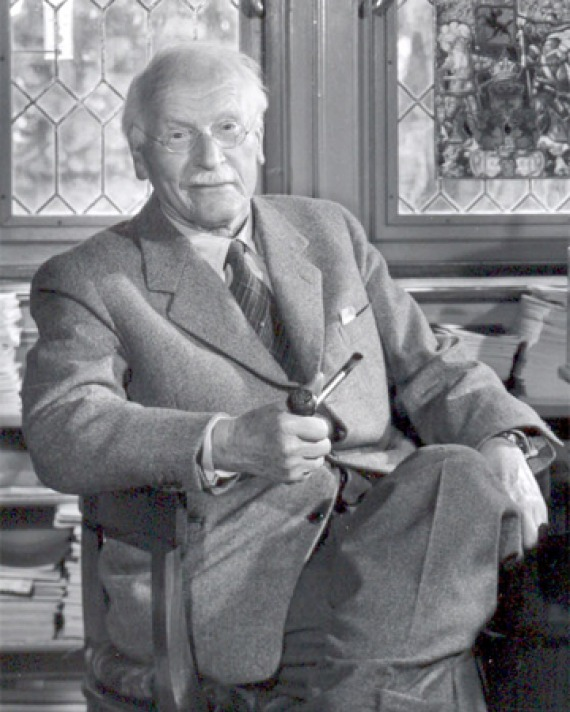
philosophe (by temperament/PhD), clin psychol (by training), psychotherapeut (by trade). all views my employer’s; re-tweets imply undying fealty; i/thou.
3 subscribers
How to get URL link on X (Twitter) App


 life. ... Jung ... told her that he himself found relaxation by sailing on the lake, letting himself go with the wind. But he could see from her eyes that she didn't understand. ... "Then, as I talked of sailing and of the wind, I heard the voice of my mother singing a
life. ... Jung ... told her that he himself found relaxation by sailing on the lake, letting himself go with the wind. But he could see from her eyes that she didn't understand. ... "Then, as I talked of sailing and of the wind, I heard the voice of my mother singing a

 At 11:38 he offers her this Beatles song:
At 11:38 he offers her this Beatles song:
 OM is unapologetically philosophical, yet keeps its eye on the psychotic subject’s intolerable predicament. Philosophy here is tasked not with fancy theorising but with diagnosing and stemming psychological theorists’ tendencies to evade rather than bear with psychotic suffering.
OM is unapologetically philosophical, yet keeps its eye on the psychotic subject’s intolerable predicament. Philosophy here is tasked not with fancy theorising but with diagnosing and stemming psychological theorists’ tendencies to evade rather than bear with psychotic suffering.

 The case of possessed Achille can be found in ch10 of Janet’s Névroses Et Idées Fixes. hansen-hypnose.com/cas-de-possess…
The case of possessed Achille can be found in ch10 of Janet’s Névroses Et Idées Fixes. hansen-hypnose.com/cas-de-possess…